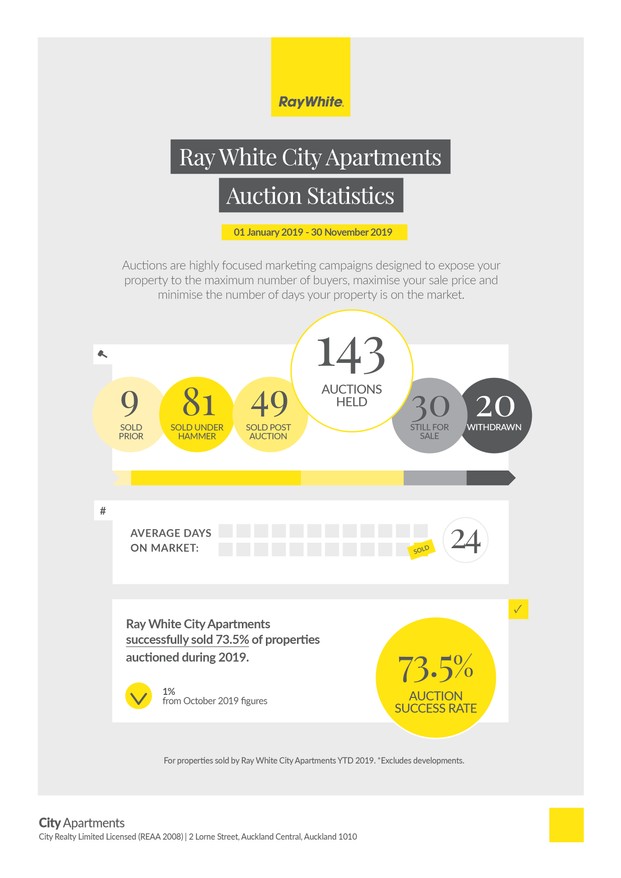Auckland Apartment Report – December 2025
We’re Ready “The signs are looking good for 2026 – the Year of the Horse,” says Daniel Horrobin, Director of City Realty Group. Quoting leading economist Tony Alexander in the NZ Herald OneRoof (10 December): “A further factor in play here in New Zealand is the growing list of indicators … Read more
